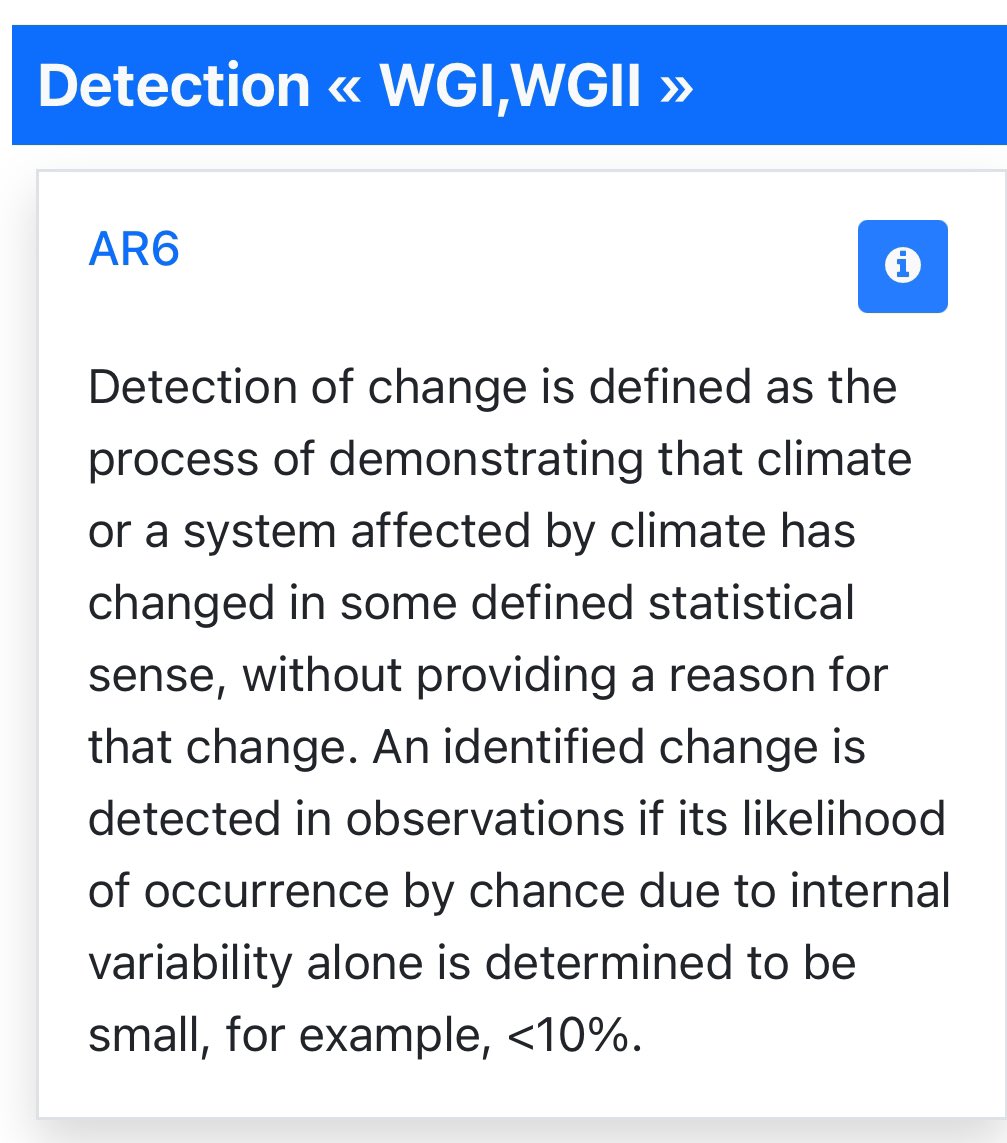Such studies based on fictional worlds are used as the basis for providing reliable guidance to decision makers 

Twice a week Google Scholar emails me dozens and dozens of new RCP8.5 studies
Unwinding this mess may never be done, but if it is, it won't be an easy task
/END
Unwinding this mess may never be done, but if it is, it won't be an easy task
/END

PS. I'm not linking papers or naming authors here, because these issues are systemic and structural, and not simply based on choices of individual researchers. The IPCC is responsible for this community-wide failure and probably needs to take charge in helping to fix it.
• • •
Missing some Tweet in this thread? You can try to
force a refresh




















